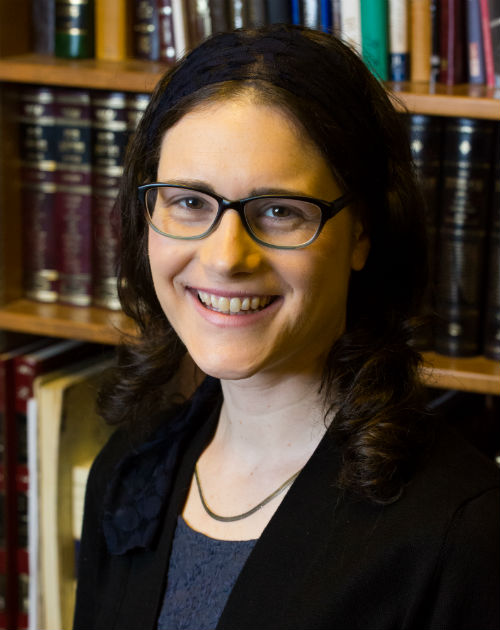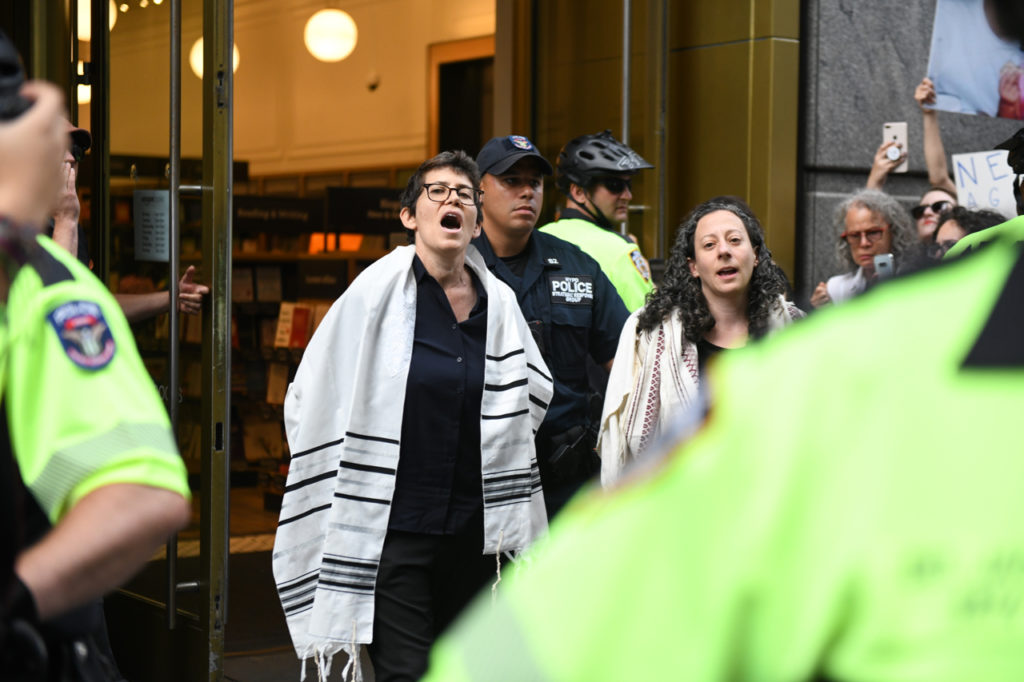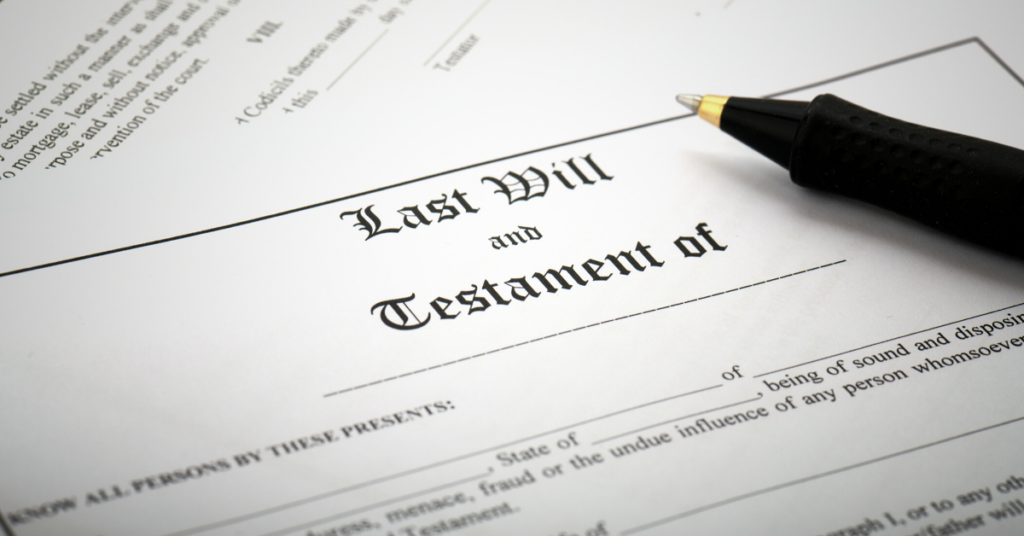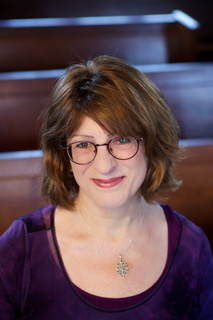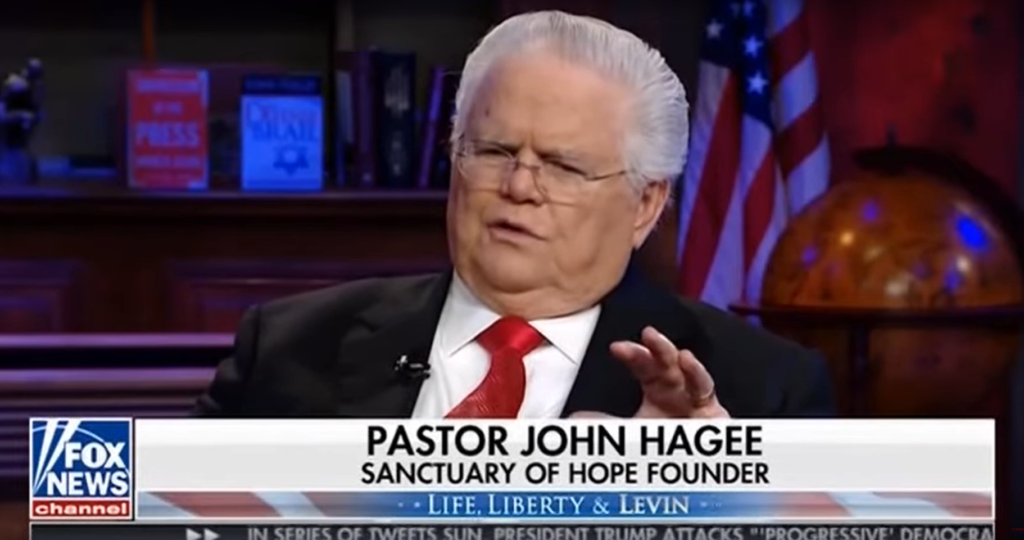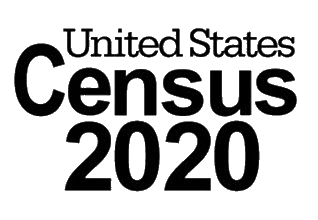
Counting everyone, including the stranger, for the 2020 Census
A d’var Torah for Parshat Naso. “The Eternal one spoke to Moses: Take a census.” This week’s Torah portion, Naso, focuses on one of the multiple censuses that was carried out, the census of the Levites in the desert. This year in the U.S. is our year to carry out the census — to be...
read more


